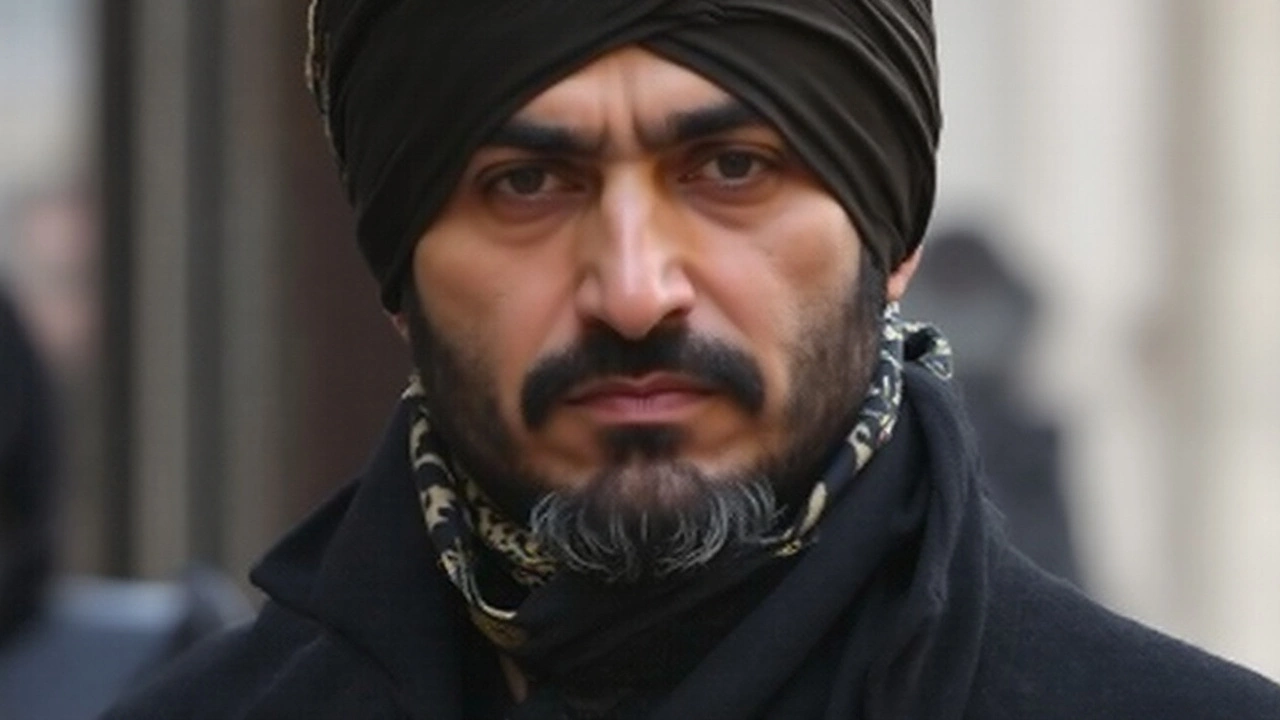A transatlantic case lands in Manhattan
Haroon Aswat stood before a Manhattan federal judge to face terrorism charges tied to an abandoned plan for a training camp in rural Oregon. U.S. prosecutors say he worked with associates of the radical preacher Abu Hamza to set up a site that would host weapons and military-style training. The alleged plot never took off, but the case followed Aswat across borders, into hospitals, and through years of courtroom arguments on both sides of the Atlantic.
The British national, born in 1974, had been on law enforcement radar since the mid-2000s. He was arrested in Zambia on July 20, 2005, deported to the UK on August 7, and detained on arrival. Investigators also examined possible links between him and the July 7, 2005 London bombings, though he was not charged over those attacks. U.S. officials, pointing to alleged al-Qaeda connections, sought his extradition for years to try him in New York.
That effort stalled in Europe. The European Court of Human Rights blocked extradition at first, citing Article 3 concerns about U.S. prison conditions and the risk to Aswat’s mental health. The court zeroed in on what would happen if he were sent to a high-security, isolating facility, and whether he would receive adequate psychiatric care. Only after American authorities offered detailed assurances on treatment and placement did the path to extradition reopen.
Aswat arrived in the United States in October 2014. In March 2015, he pleaded guilty to terrorism offenses tied to the Oregon camp plan. By October that year, a federal judge sentenced him to 20 years in prison, with a specific order for specialized psychiatric care while in U.S. custody. After serving time under that arrangement, he was deported back to the UK in 2022 and detained in hospital.
The courtroom moment in New York capped a long journey that mixed counterterrorism claims with human rights law, psychiatric medicine, and diplomatic bargaining. It also tied into one of the most high-profile terrorism prosecutions of the era: Abu Hamza, the London-based cleric, had been charged as a co-conspirator in the same Oregon plot. Hamza would later be convicted in New York and serve a life sentence in the United States, but Aswat’s path took a different turn because of his mental health profile.
Mental health, human rights and the Oregon plot
The Oregon plan sits at the center of the case. Prosecutors say the idea was simple and dangerous: turn an isolated site into a training ground for recruits who could then join violent causes overseas. The alleged activity spanned travel, logistics, and outreach with figures tied to extremist networks. The plan fizzled, but U.S. authorities treated it as a conspiracy that could be prosecuted even without a camp ever taking in recruits.
What made this case unusual was not just the cross-border manhunt. It was the collision of national security and medical care. European judges asked tough questions about where Aswat would be jailed, how he would be treated, and whether conditions in a supermax facility could worsen his psychiatric illness. U.S. assurances about medical placement and treatment became the hinge that moved the case forward.
The Aswat litigation also tracked a broader shift in extradition law. In the early 2010s, British and European courts scrutinized U.S. prisons and the use of long-term isolation under special administrative measures. In several cases, judges demanded concrete guarantees about mental health treatment and the risk of inhuman or degrading treatment before allowing extraditions to proceed. Aswat’s file ended up as a reference point: what counts as a sufficient assurance, and who checks that it is kept?
Family ties offered little support during the process. Relatives publicly distanced themselves years ago, saying they had not been in contact with him. That left court-appointed lawyers, psychiatric experts, and judges to decide how to balance accountability with care—and whether a terrorism case could be tried fairly while safeguarding a defendant’s health.
Key dates in the case help explain the long arc:
- July 20, 2005: Arrested in Zambia.
- August 7, 2005: Deported to the UK and detained.
- European Court of Human Rights: Initially blocks extradition over prison and psychiatric care concerns.
- October 2014: Extradited to the U.S. after assurances on treatment.
- March 2015: Pleads guilty in Manhattan federal court.
- October 2015: Sentenced to 20 years with specialized care.
- 2022: Deported back to the UK and detained in hospital.
By the time the case returned to New York for plea and sentencing, the facts had been pored over by multiple courts. The Oregon camp never opened, but the conspiracy charge stuck. The alleged al-Qaeda ties that prosecutors flagged became part of the record, even as the most sensitive claims—like the rumored 2005 London links—did not result in new charges.
The outcome left a paper trail that will be studied by lawyers and policymakers. It shows how terrorism cases can hinge on health care, how European courts can shape U.S. prosecutions, and how assurances—once seen as diplomatic niceties—now decide who stands in an American courtroom and under what conditions.


